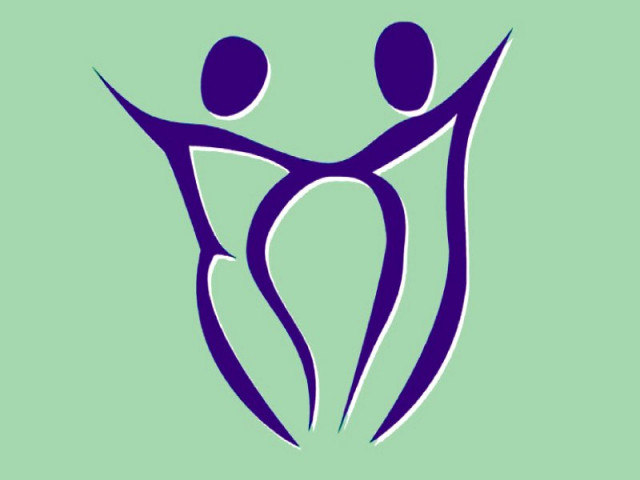Violence against health workers: As killings rise, professionals leave country
Red Cross begins research on violence against health practitioners.

These views were shared by Pakistan Medical Association (PMA) secretary-general Dr Mirza Ali Azhar at a roundtable conference at Ziauddin University. “Doctors are given extortion slips; they are tortured, targeted and killed,” pointed out Dr Azhar. “If they all leave then who will be left to cater to the huge population in Karachi?”

The doctors also discussed various case studies and incidents that they had personally witnessed. Dr Qaiser Sajjad, the PMA treasurer, talked about the threats that doctors have started receiving all the way from South Africa. “We consistently received a call from a person in South Africa who would threaten us to stop practicing,” he said. “The doctors do not complain to the police because they have stopped trusting them. They feel it’s better to negotiate an amount with such people.”
The conference on Wednesday was held in collaboration with the International Committee of the Red Cross (ICRC), which will be conducting research on ‘Violence against Healthcare’ for at least the next four months. The aim of the research is to give an overall picture of the violence taking place against medical professionals since there is a lack of global data available on this. It would include interviews, surveys, questionnaires, workshops and collection of data on violent incidents against healthcare practitioners.
In the first session, the participants drew up six categories of people who will attend workshops. This category includes ambulance workers, hospital managers, doctors, community members, primary healthcare workers, patients and the media. A core committee, named ‘community of concerns’, will also be formed with members of the ICRC, Citizens-Police Liaison Committee, Aman Foundation and other members to look over the research.
The number of attacks on ambulances also came under discussion. “Our ambulances have been fired at during protests,” said Dr Shahid Raza, the zonal operation manager of Aman Foundation.
There was a consensus among the participants on giving priority to training ambulance drivers. “We will hold a special workshop for ambulance drivers,” said Dr Pirzada Siddiqui, the vice-chancellor of Ziauddin University. “They need to be told which hospital to go to, should have basic knowledge of first-aid and how to handle critical situations.”
The representatives of international organisations also agreed that the lives of health practitioners are at stake. “There was a general consensus among all stakeholders that the problem exists and that it is multidimensional in nature,” said Workneh Bedane, the project coordinator for Medecins Sans Frontieres, a French humanitarian organisation working in Macchar Colony and other areas.
“Through this research, we don’t expect the violence to stop but at least the root cause will be derived,” hoped Ziauddin VC Dr Siddiqui. “We will be better equipped [then] to manage perilous conditions.”
Published in The Express Tribune, June 26th, 2014.


















COMMENTS
Comments are moderated and generally will be posted if they are on-topic and not abusive.
For more information, please see our Comments FAQ